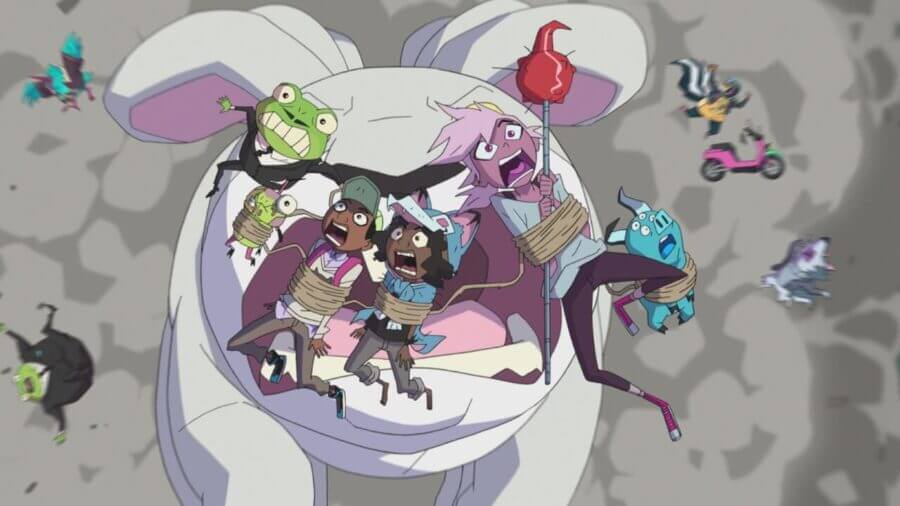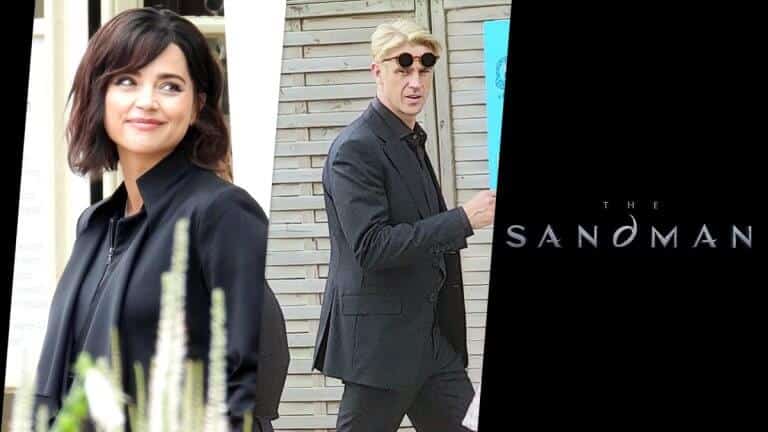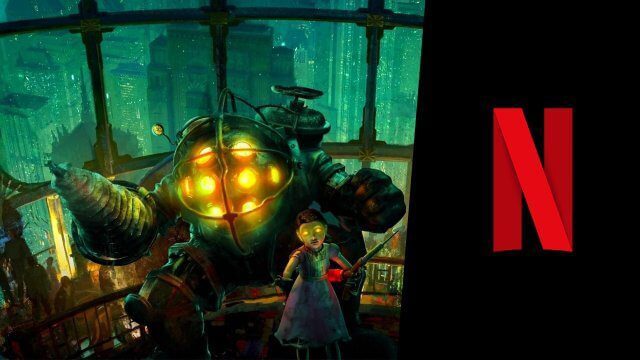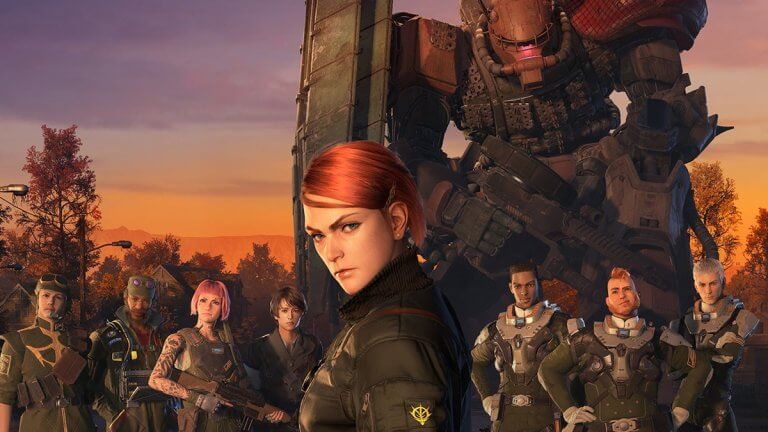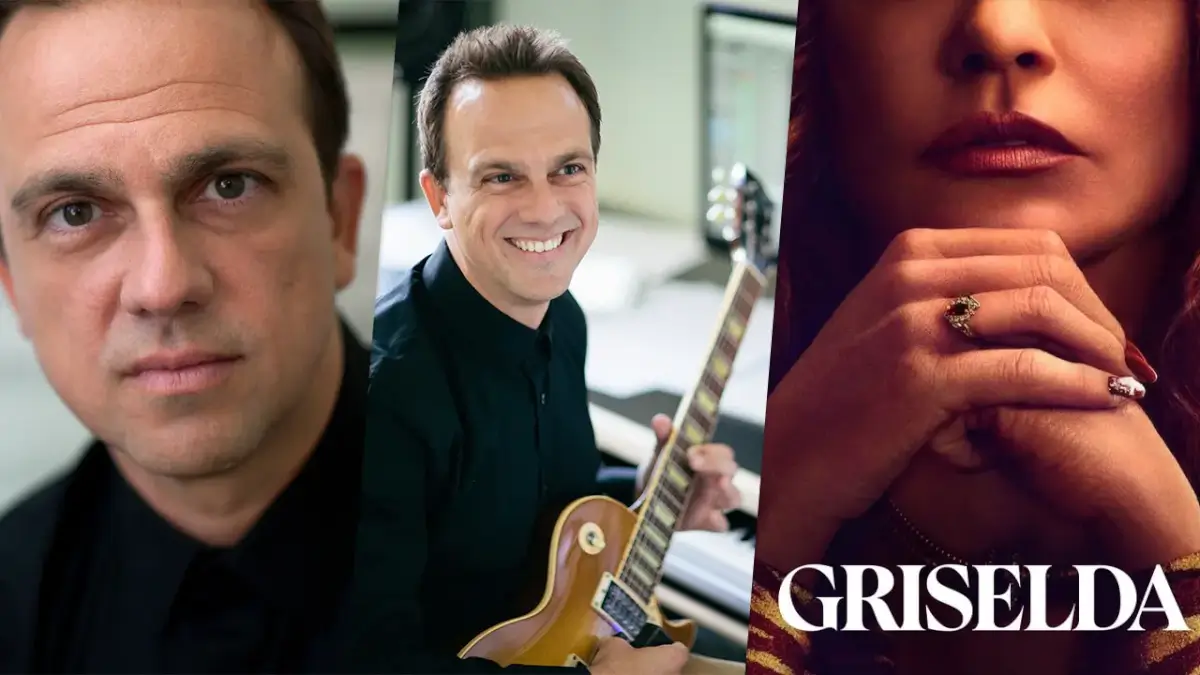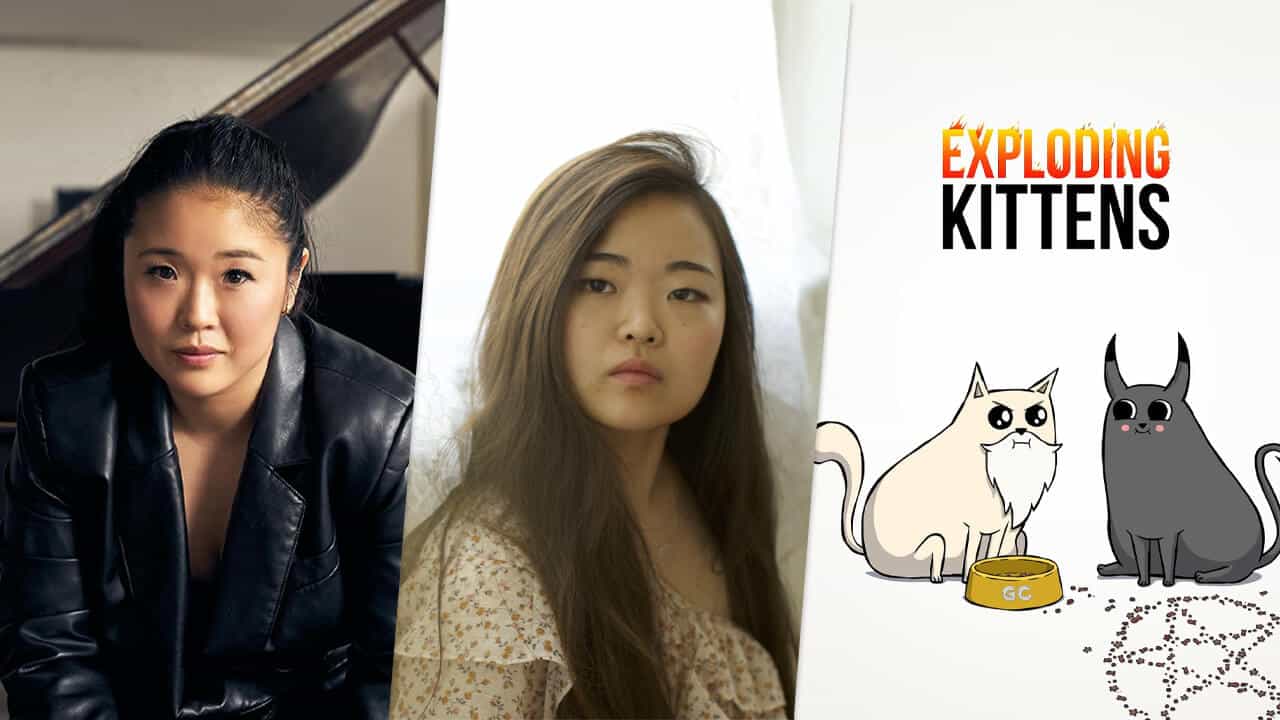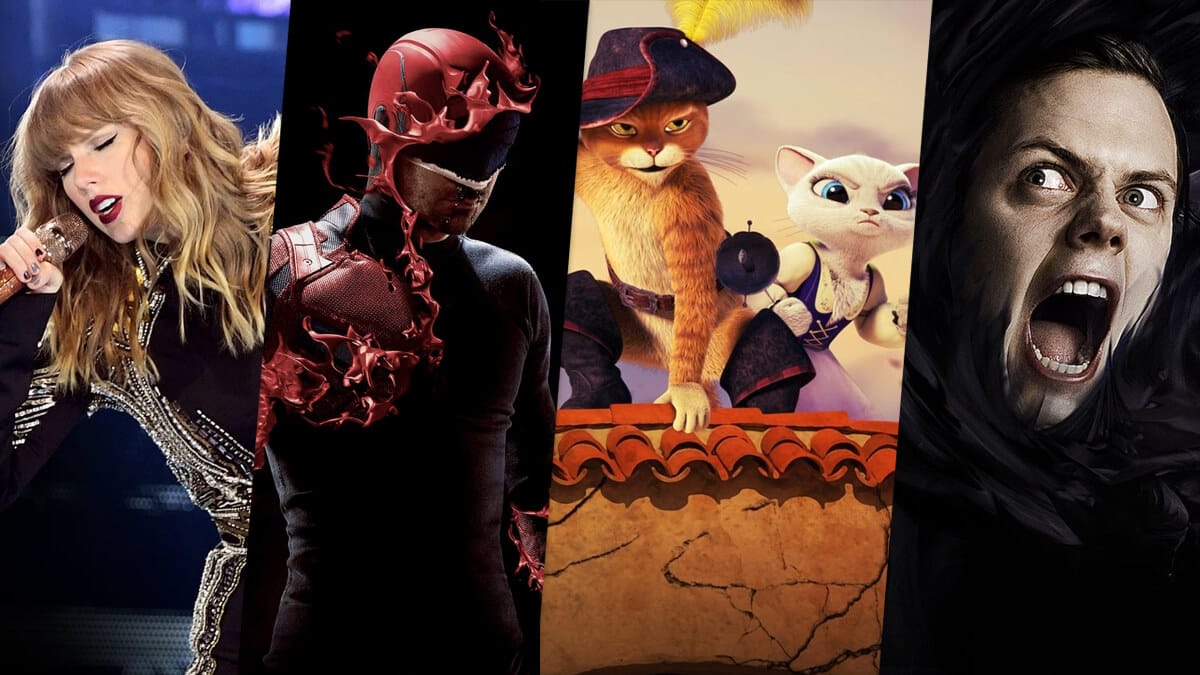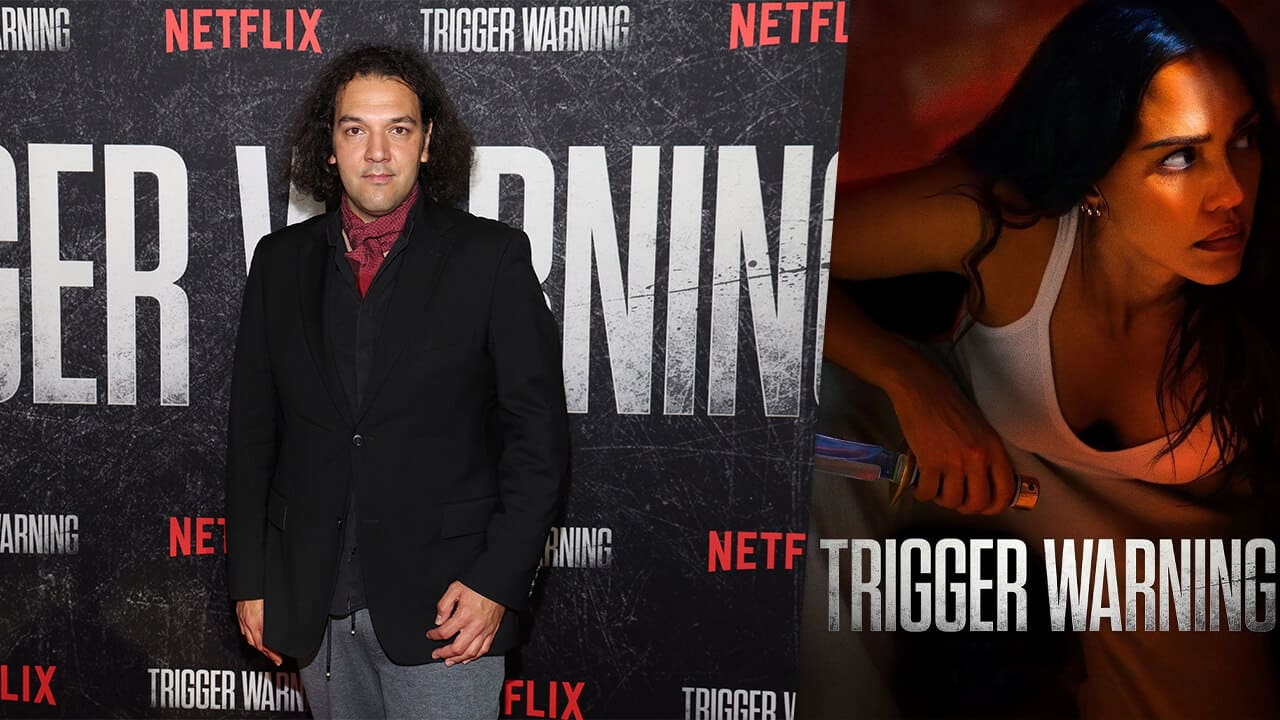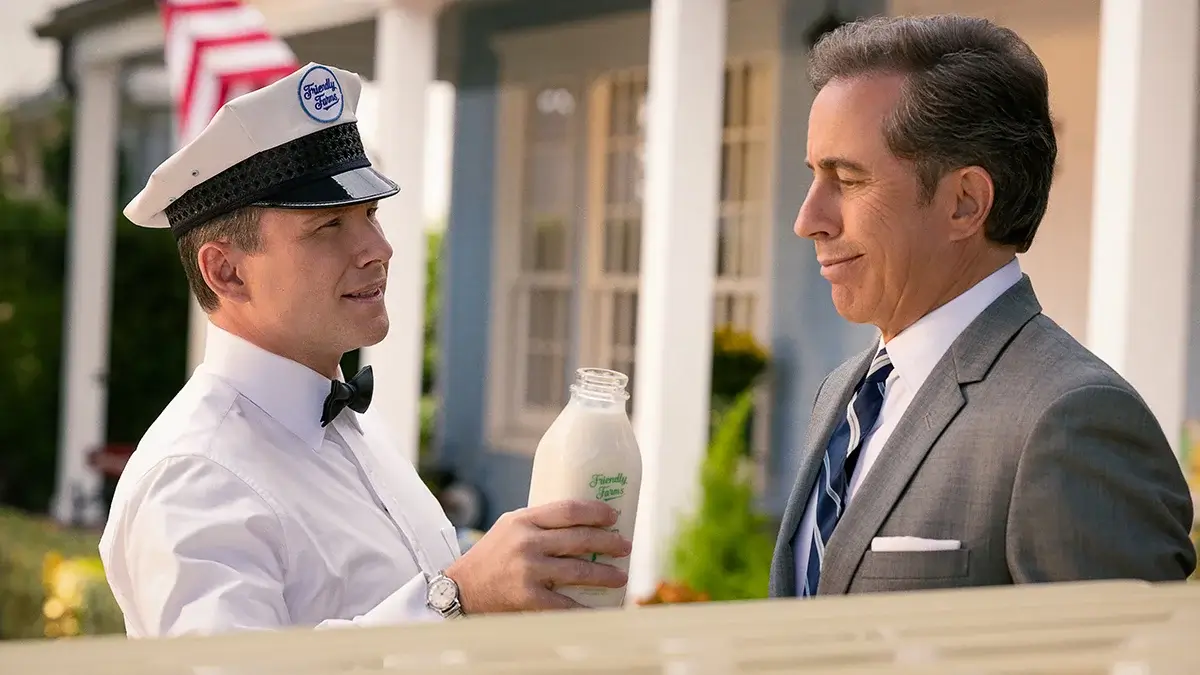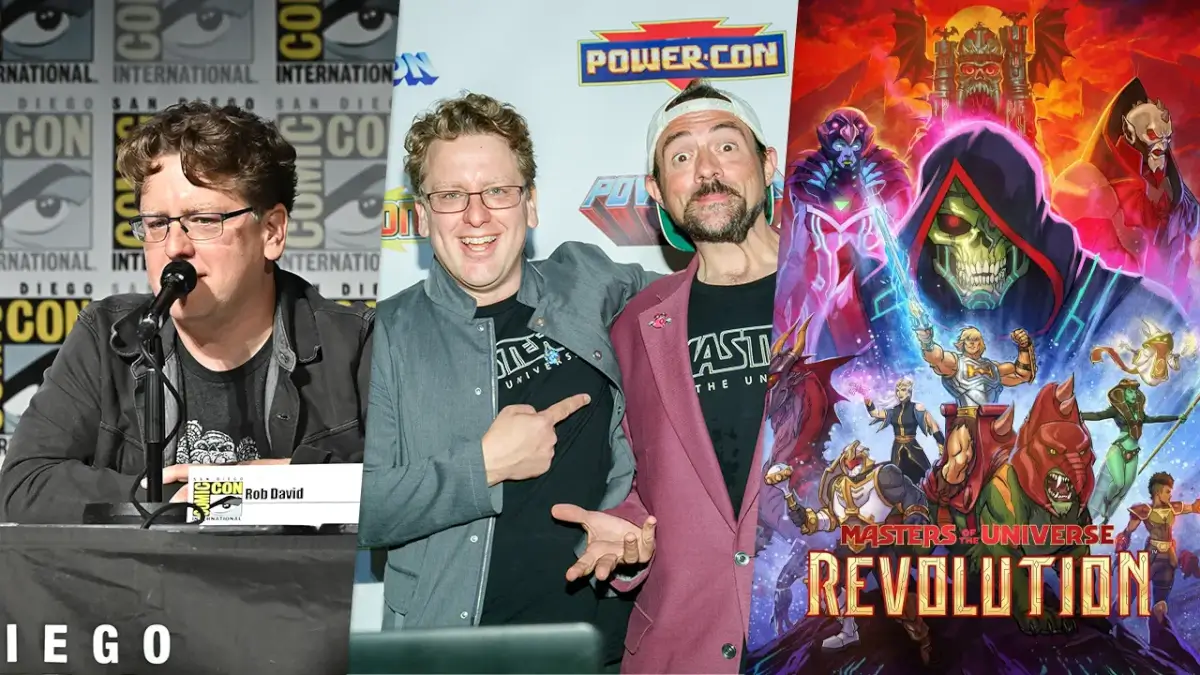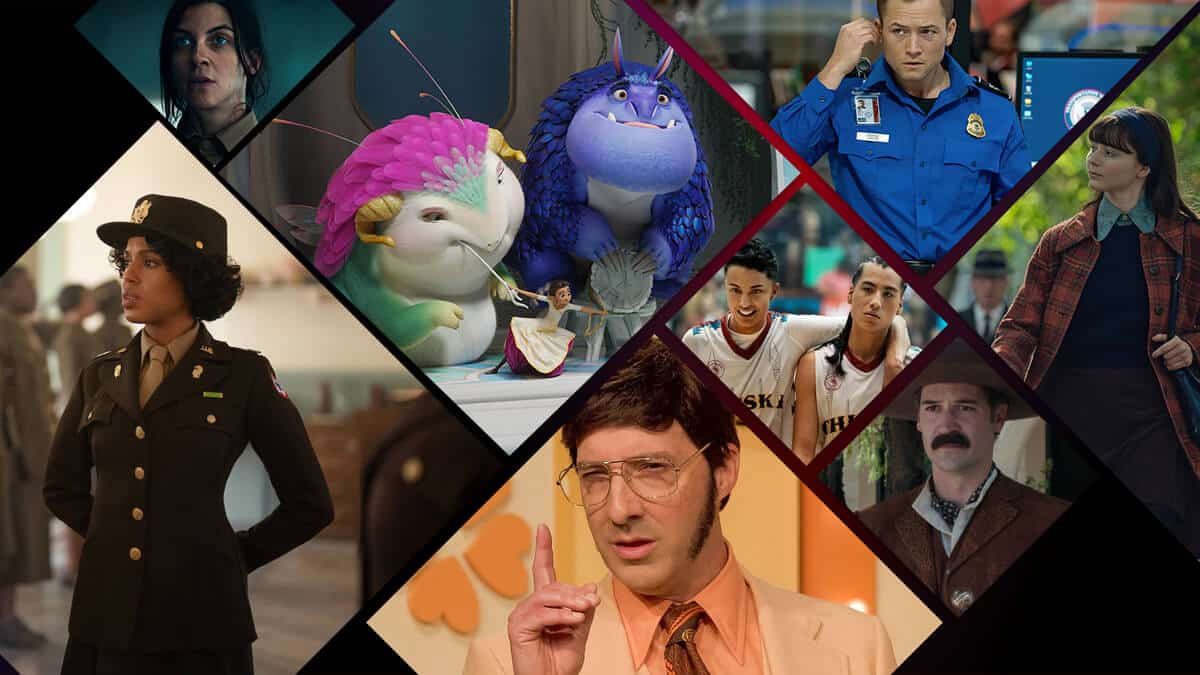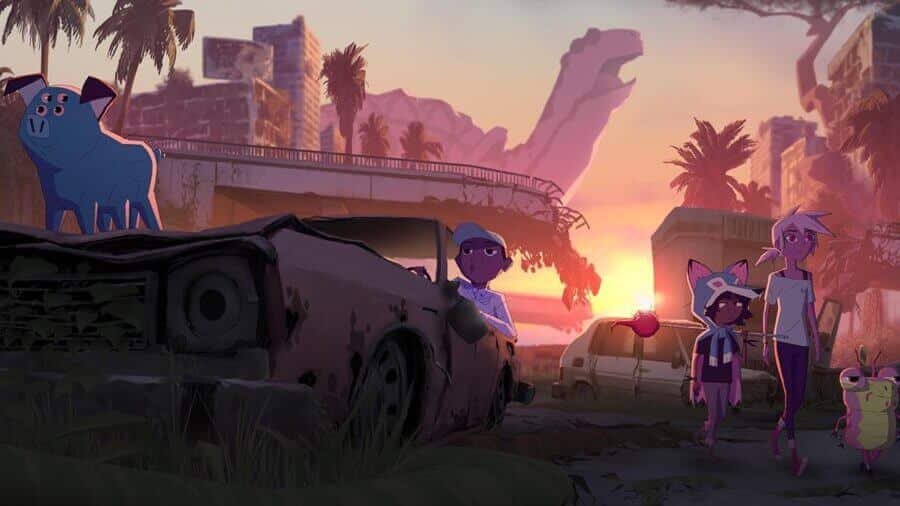
Kipo and the Age of the Wonderbeasts – Picture: Netflix/Dreamworks
Netflix’s latest animated series, Kipo and the Age of the Wonderbeasts, was unleashed last week and viewers already can’t get enough. We managed to snag an interview with the composer behind the series vibrant soundtrack.
After spending her entire life living in an underground burrow, a young girl named Kipo is thrust into an adventure on the surface of a fantastical post-apocalyptic Earth. She joins a ragtag group of survivors as they embark on a journey through a vibrant wonderland where everything trying to kill them is downright adorable. The series was created and executive produced by Radford Sechrist (How to Train Your Dragon 2) and executive produced and developed for television by Bill Wolkoff (The Man Who Fell to Earth).
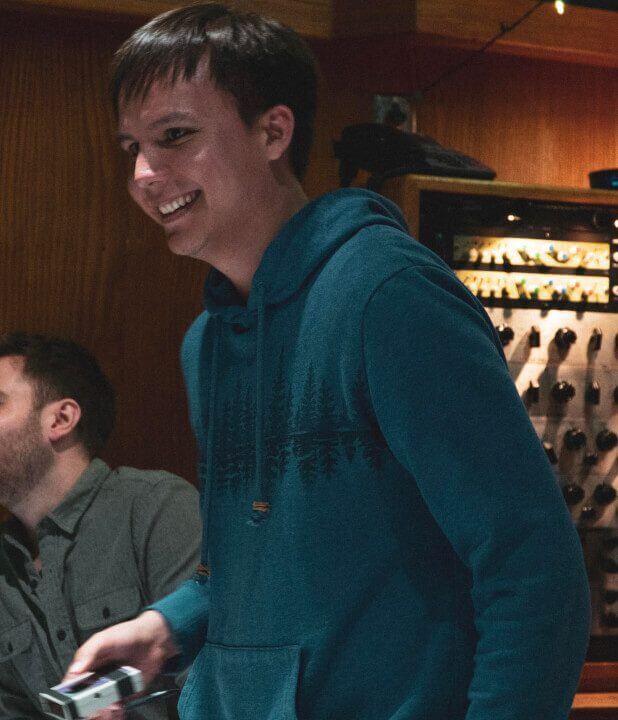
This is nothing new for Rojas as he has written scores and songs for a variety of feature films, TV shows and video-games including music featured in the Oscar-winning movie Room, Jodie Foster’s thriller Money Monster and Alexander Payne’s Downsizing. To learn more about the musical element of Kipo and the Age of the Wonderbeasts we decided to speak with Rojas. Read the full interview below and make sure to listen to the show’s Season 1 Mixtape by Back Lot Music on iTunes and Spotify now.
-Not only did you score Kipo and the Age of the Wonderbeasts, but you also wrote a lot of the lyrical songs that are performed in the show. Was it difficult doing both scoring and writing the songs at the same time?
There were some challenges but overall, I feel like it was more beneficial than problematic. Since the score was always conceived with a heavy song-influence in mind, writing some of the songs before I started scoring gave me a palette to work with later on. I was even able to grab specific sounds from the songs and put them into the score cues for that character or mute gang. On the other hand, some songs were written in post and those fed from sounds from the score. An example is “Don’t Stop Now”, which is based on my cue for the Mega Dogs. So while the timing sometimes got a bit pressed I feel like it allowed me to keep a cohesiveness that would be harder to achieve otherwise.
WoN: How closely did you work with the show’s music supervisors? If you were also creating original songs, I imagine a lot would overlap with them?
Very closely! Kier and/or James were on every music meeting we had and we were in contact all the time. We would discuss the best places for songs together and talk about whether a license or an original song was the best thing to do. They also gave suggestions and input on the original songs when I was writing them. Luckily, we were usually on the same page so that made our jobs much easier on both sides.
WoN: Kipo and the Age of the Wonderbeasts is getting a lot of praise for diversifying their characters. Does this diversity allow you to push the envelope with the score too and their themes?
Definitely! Rad Sechrist’s vision for the show was to be diverse and inclusive on all fronts, including the music. We wanted to tap on a ton of different genres and mix them all up: take folky banjo riffs and put them on top of a trap beat, write a classical piece for Scarlemagne but do a hip-hop remix of it – it was a purist’s nightmare! We also got lucky that our studio executive and the Dreamworks music team shared the same vision and allowed us to get away with some whacky ideas!
WoN: Do you have a favorite song you wrote for the show? Why does it stick out to you?
I don’t really have a favorite but I love Purple Jaguar Eye because of the whole visual sequence. It’s such a unique moment in the show and really let’s the song come through. We knew Sterling K Brown was a good singer, but I didn’t know he was THAT good. The idea was to mix up some psychedelic rock in the vein of Bowie or early 70’s Rush, with a Gorillaz vibe – but Sterling took it to a whole new level with his deep and distinct vocals.
-The legendary rocker Joan Jett voices the character of Camille. Did you get to work with her musically at all on the show? If so, what was that like?
I didn’t get to work with her directly, unfortunately. But she helped shape the character of Camille and the rocker snakes as a whole, so I was influenced by her presence on the show when I was writing the score and instrumental pieces we hear on the Cactus Town episode.
WoN: A lot of composers who score streaming shows say it feels like you are scoring a long 5-10 hour movie because they can be viewed continuously. Was that the case with Kipo?
I didn’t feel like that on this show mostly because almost every episode introduces a new world and mute gang, so it was almost like starting from scratch each time. There are score themes that stay constant but I felt like they were necessary to achieve some continuity. I didn’t have to deal with the risk of getting repetitive because each episode allowed me to play around with new genres and sounds.
WoN: Are there any other Netflix shows you are currently watching where the score particularly stands out?
I’ve only watched a few episodes, but Ozark (season 3 coming in March) has a really cool score! Very interesting sounds.
